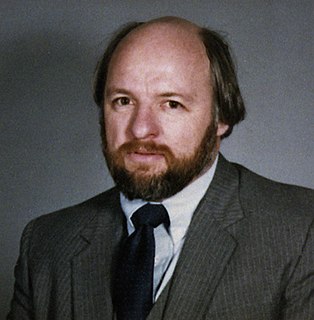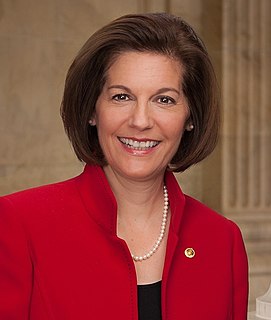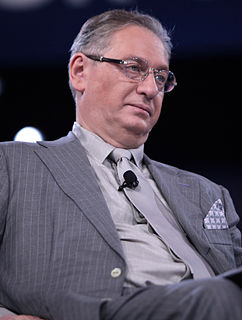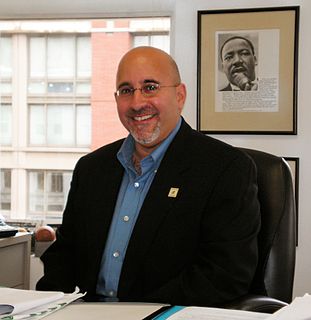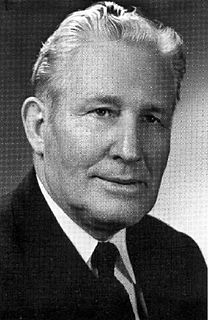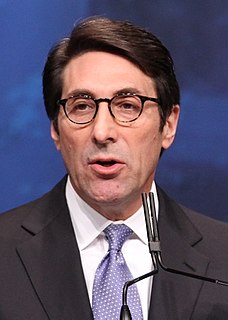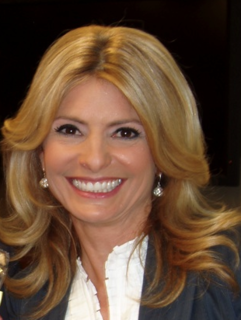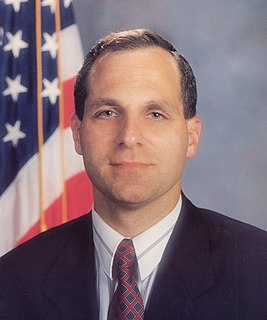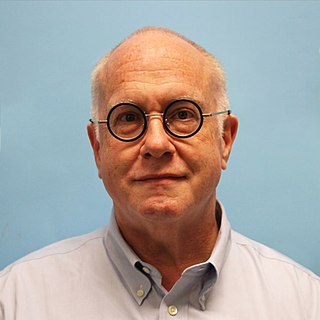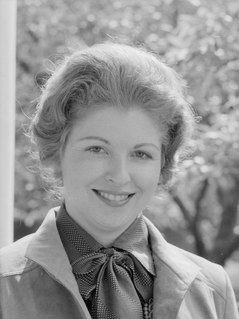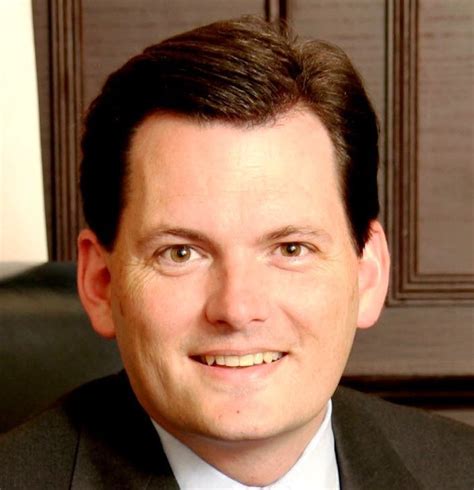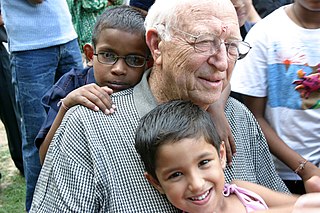A Quote by Angela Alioto
My success has been based on the issues. It's easy to fight for mental health or needle exchange or small businesses or whatever, because the machine can't interfere.
Related Quotes
One of the issues I think is very important, in many communities of color, there's a stigma about mental health. We find that the shaming that comes from acknowledging that one may have some issues that may relate to mental health, often people are not willing to go and seek additional help because of that shaming or that cultural stigma that's associated with it. And I think that we need to make this change in how people approach mental health.
We need to start identifying the triggers that aggravate mental health issues in our society - bullying, social media negativity and anxiety, gender based violence, substance abuse, stigma around issues such as maternal issues, etc., and we need to speak up about these more and get to the source of the problems.
Mental strength is not the same as mental health. Just like someone with diabetes could still be physically strong, someone with depression can still be mentally strong. Many people with mental health issues are incredibly mentally strong. Anyone can make choices to build mental strength, regardless of whether they have a mental health issue.
One of the things we need to do is address mental health care as an integral part of primary care. People often aren't able to navigate a separate system, so you see successful models where a primary care physician is able to identify, diagnose, and concurrently help people get mental health treatment who have mental health issues.
The Affordable Care Act is a huge problem. [Repealing the ACA is] going to have huge implications. We have millennials that live in Boston that are on their parents' health insurance. The businesses have hired them and have been able to hire more people because they have been able to be on their own health insurance. We have seniors in our city who have preexisting conditions, or something called a "donut hole," which is a prescription drug [gap] in Medicare. Whatever changes they make could have detrimental effects on people's health care, but also on the economy.
There are whole states where people [with addiction or mental health issues] can't get to a doctor. If that were true of pancreatic cancer, if that were true of heart disease, if that were true of diabetes, we'd all understand that it made no sense at all. And yet we somehow approach mental health from a very different standard.
People's mouse clicks decide what businesses, services, and content succeed. Users have equal access to tiny businesses with viral ideas and blue-chip companies, allowing these enterprises to compete on their own merits. It's how so many small start-ups have been able to become Internet success stories.






